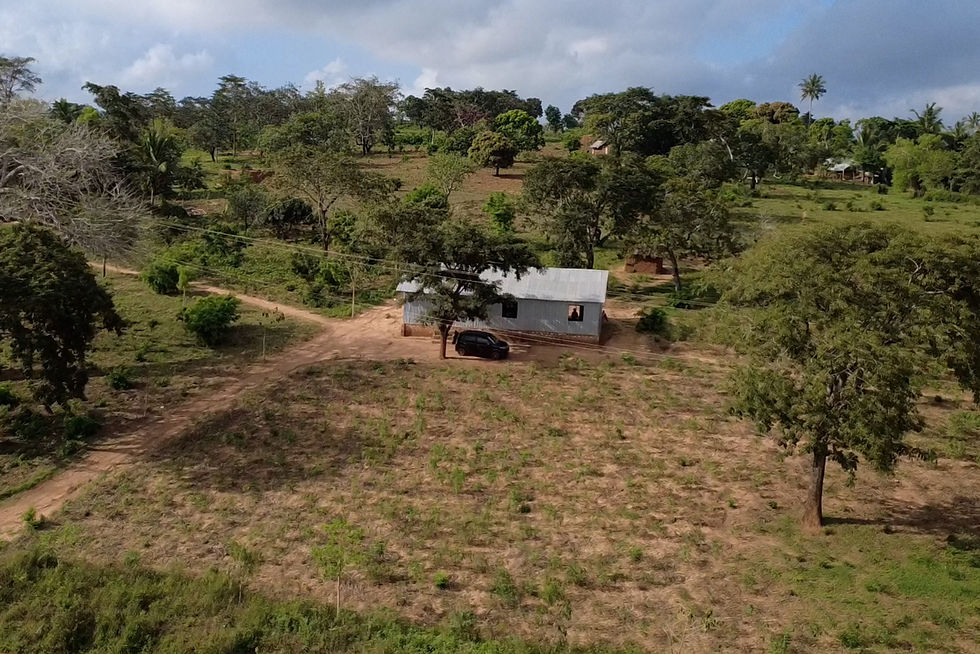
CHURCH
PLANTS
Helping fellow believers grow and mature in the mission of the local church.
PROGRAM.
OBM never set out to plant churches. The original idea was to simply train pastors. However, as the ministry began teaching classes it was clear that some students had a true calling and fit the Biblical criteria of a pastor (or elder) of a New Testament church. As they followed their calling, there became obvious need to keep these churches close for support and accountability, to help them financially until they matured their congregations, and to provide the legal covering that the Government of Kenya requires.
What is an OBM Church? Simply put, it is an autonomous and self-governing local body of believers that the ministry provides monthly support (which can be covering utilities, covering the rent of the property, basic living expenses for the Pastor and his family, providing ongoing training and literature) and is legally covered by the OBM Society in Kenya. But there are requirements for that help and covering. They must stay true to good doctrine, progressively growing, and raising up men and women to spread the Gospel and possibly go on to other plant churches.
As one can imagine, many struggling churches in Kenya would like support and covering from OBM. But the ministry has created a program of how and whom to bring into the Society. However, as the ministry promotes congregational governance, OBM must facilitate, teach, and support. OBM, as a parachurch support ministry, does not ordain pastors or deacons, we do not perform the ordinances of the church, and we do not dictate the operating of the local church. We actually encourage congregational maturity in order to promote Christ-headship behavior, including eventually forgoing any OBM financial support.
CHURCH PLANT PROCEDURES.
To begin, when we identify a new potential church-plant pastor we must conduct the following steps prior:
-
The pastor prospect must complete a Prospective Pastor Questionnaire. If the pastor prospect candidate cannot clearly answer the questions with a clearly mature Christian perspective, they will not be chosen at this time.
-
The pastor prospect must be unanimously approved for being an "OBM Church Plant Pastor" following a one-on-one in-person interview with Kenyan OBM Leadership
-
The pastor prospect must be unanimously witnessed by current OBM pastors that they are of Godly character.
-
The pastor prospect must be unanimously approved by other OBM pastors that they can accurately and clearly share the Gospel on demand.
-
The pastor prospect must be unanimously approved by other OBM pastors that they can preach a logical, doctrinally accurate, and well-delivered sermon in front of a crowd.
-
The pastor prospect must have successfully completed the OBM School of Theology.
-
The location of the church plant must be approved by Kenya OBM Society Leadership.
-
The cost of any pastoral support, location/property expenses, or material support must be available to OBM.
We do expect our existing churches to send these church plant pastors, following a successful ordination council and ordination by that same church. However, some existing OBM churches may struggle to convene enough experienced members to conduct an ordination council. In these instances, the existing OBM pastors form a pastor candidate panel to act as the ordination council to make a unanimous recommendation to the sending church if that candidate is deemed "ready". OBM leadership in United States intends to play only a minor advising role in sending new church plants. We believe it is the local church's responsibility to plant churches, not a foreign parachurch ministry.
OUR CHURCHES.

Pastor: Geoffrey Kurgat Planted: 2012 Location: 5 miles east of Taveta in the Kilimanjaro foothills Average Attendance: 55 People Groups: Maasai Tribe Spiritual Beliefs: Animism and Ancestor Worship

Pastor: Isaac Gitau Planted: 2014 Location: 7 miles north of Mombasa Island Average Attendance: 34 People Groups: Mixed Urban Spiritual Beliefs: Generally Christian with some moderate Islam

Pastor: Peter Juma Planted: 2016 Location: 40 miles south of Mombasa on the coast Average Attendance: 140 People Groups: Digo Tribe Spiritual Beliefs: Islam

Pastor: Jared Kidali Planted: 2018 Location: In Bomani, 25 miles north of Mombasa on the coast Average Attendance: 60 People Groups: Mixed Urban Spiritual Beliefs: Generally Christian with some moderate Islam.

Pastor: Stanley Nyalala Planted: 2019 Location: 10 miles northwest of Mombasa Island on the coast Average Attendance: 59 People Groups: Mixed Urban Spiritual Beliefs: Generally Christian with some moderate Islam.

Pastor: Martin Julani Planted: 2019 Location: In Taveta-town in the Kilimanjaro foothills Average Attendance: 30 People Groups: Mixed Urban, Maasai Tribe Spiritual Beliefs: Animism and Ancestor Worship

Pastor: Laban Mutua Planted: 2021 Location: Ukunda City, 35 miles south of Mombasa on the coast Average Attendance: 32 People Groups: Digo Tribe Spiritual Beliefs: Islam

Pastor: Francis Ndolo Planted: 2021 Location: 5 miles south of Taveta in the Kilimanjaro foothills Average Attendance: 27 People Groups: Mixed Urban, Maasai Tribe Spiritual Beliefs: Animism and Ancestor Worship

Pastor: Musa Mkanyi Planted: 2022 Location: Near Kaloleni, 40 miles Northwest of Mombasa Island Average Attendance: 27 People Groups: Mixed Rural Spiritual Beliefs: Generally Christian with some moderate Islam.

Pastor: Andrew Nzai Planted: 2022 Location: 20 miles south of Mombasa on the coast Average Attendance: 22 People Groups: Digo and Duruma Tribes Spiritual Beliefs: Islam
